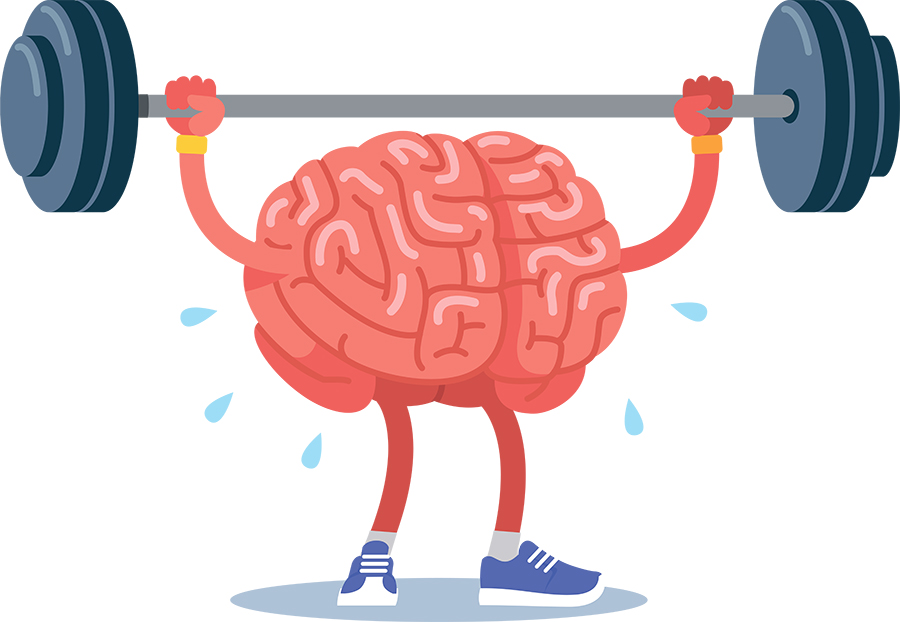My Story
At 25, I was the picture of good health, strong and fit, a semi-professional surfer, and working as a corrective exercise specialist in New York City. Then came Lyme disease—and EVERYTHING changed.
Ten years ago, I’d been bed-bound for over three years with chronic Lyme disease. I did years of different types of treatments: antibiotics, eastern medicine, western medicine, everything from IV infusions to coffee enemas and crystal-bed therapy. You name it, I probably tried it.
Eventually, the infection did subside. But for years after, I found myself stuck in a vicious cycle of chronic pain, fatigue, overwhelming anxiety, and depression. Every time I felt a bit better and tried to enter back into living a full life, all the old symptoms came back. It was never clear why.
I felt like I was stuck 50 feet underwater, far below where real life was happening. Sometimes I could make it up to the surface, but the moment I stopped struggling and kicking, I would sink all the way back down.
Worse yet, now I felt like I had weights attached to my waist, and any activity required an all-out effort. I wanted to take off the weight belt and float to the surface, instead of having to kick and struggle and claw my way there.
But the next question that arose was: “what are these weights?”
Stress and infection can change your brain
It wasn’t until I began reading about neuroscience that I learned that the weights were actually old wiring and obsolete programming in my limbic system and other parts of the brain.
As it turns out, if you experience a period of long-term stress and then a powerful environmental trigger (in my case, a bacterial infection), it changes your brain. Neural pathways associated with these two events can actually couple together (known as a “conditioning effect”) and create an overactive stress response. While appropriate at one time (during the acute phase of illness) now this conditioning effect just keeps an overactive immune response going.
I also learned that the brain has the incredible ability to reset itself and adapt back to normal. Some 86 billion neurons, once thought to be static, are now known to have the ability to be rewired. Your brain literally can change its structure and function, especially when it comes to the stress response. The best news is that you have the power to drive this change.
Helping The Brain Adapt

After about a year of dedicated self-directed neuroplasticity training, my remaining symptoms completely subsided, and my health fully returned. In a TEDx talk, I recounted that the biggest takeaway for me was that the body and mind actually have all of the resources internally that they need in order to be healthy and calm. We just need to retrain our brains on how to organize all those resources to set the stage for healing to occur.
Since my recovery, I’ve dedicated myself to sharing the benefits of self-directed neuroplasticity by assembling a team of Ph.D. neuroscientists and clinical psychologists who helped me develop a science-based brain retraining program. The program, called re-origin®, has been specifically designed to help people who suffer from chronic conditions such as Lyme disease, post-viral fatigue, long COVID, CFS, fibromyalgia, chronic pain, or hypersensitivities.
Further research and clinical trials are needed. However, preliminary data based on standard health surveys completed by 200+ re-origin participants shows promising results with an average 25% reduction in anxiety, 35% reduction of physical pain and symptoms, and a 36% improvement in energy and cognition in the first six weeks of retraining.
Ben talks more about his recovery process here – And regularly offers free tips, techniques, and resources on re-origin’s popular YouTube channel: https://www.youtube.com/@re_origin




